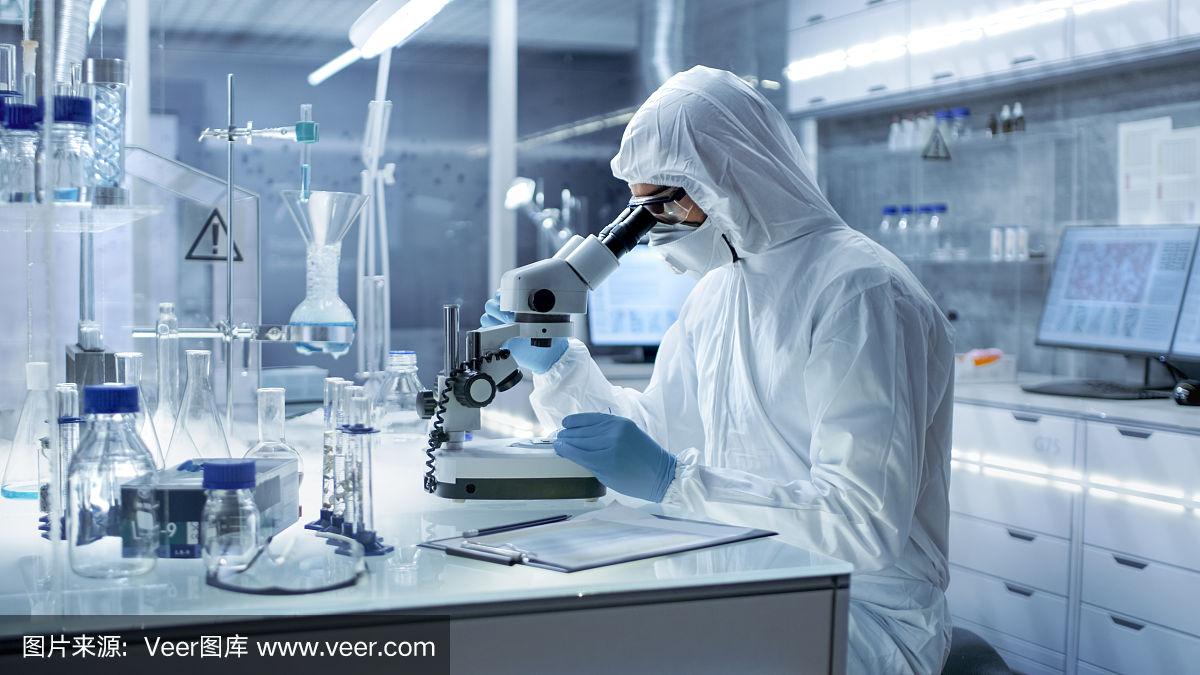Food Additive Phosphatidylserine,Sustainable Development
Time:2024-08-07To achieve sustainable development of phosphatidylserine in the food industry, it is necessary to address multiple aspects, including production, application, environmental protection, and policy and market support. The following are some specific recommendations:
1. Optimize Production Technology
·Increase Production Efficiency: Improve extraction efficiency and purity of phosphatidylserine by enhancing production processes and technologies, thereby reducing production costs and achieving efficient resource utilization.
·Develop Green Production Technologies: Explore more environmentally friendly and sustainable production methods, such as using biological fermentation, enzymatic hydrolysis, and other green technologies, to reduce the use of chemical reagents and emissions of wastewater and exhaust gases.
2. Rational Application and Product Innovation
·Expand Application Areas: Encourage the food industry to develop more innovative products containing phosphatidylserine, such as functional foods and health foods, to meet the diverse needs of consumers.
·Scientific Formulation and Dosage: Determine the appropriate ratio and dosage of phosphatidylserine in food products scientifically and reasonably based on the characteristics of the products and market demand, ensuring product quality and efficacy while avoiding resource waste.
3. Strengthen Environmental Protection and Resource Management
·Waste Recycling and Utilization: Focus on the classification, recycling, and utilization of waste in the production process of phosphatidylserine, such as converting waste into valuable products like feed and fertilizers.
·Energy Conservation and Emission Reduction: Optimize energy use in the production process, reduce energy consumption and carbon emissions, and achieve low-carbon production.
4. Policy and Market Support
·Policy Guidance: Governments should introduce relevant policies to encourage and support the sustainable development of natural food additives like phosphatidylserine, such as providing financial subsidies and tax incentives.
·Strengthen Regulation: Establish a sound regulatory system to strengthen supervision over the production, sales, and use of phosphatidylserine and other food additives, ensuring product quality safety and market stability.
·Market Promotion: Promote the health benefits and environmental advantages of phosphatidylserine to increase consumer awareness and acceptance of this natural food additive, thereby expanding market demand.
5. Strengthen Scientific and Technological Innovation and Talent Training
·Increase R&D Investment: Encourage cooperation among enterprises, universities, and research institutions to jointly conduct research and development of natural food additives like phosphatidylserine, promoting technological innovation and industrial upgrading.
·Cultivate Professional Talent: Strengthen the training and introduction of relevant professionals to provide strong talent support for the sustainable development of natural food additives like phosphatidylserine.
Achieving sustainable development of phosphatidylserine in the food industry requires efforts and collaboration from multiple aspects. By implementing measures such as optimizing production technology, rational application and product innovation, strengthening environmental protection and resource management, policy and market support, and enhancing scientific and technological innovation and talent training, the sustainable development of natural food additives like phosphatidylserine can be promoted, contributing to the green development of the food industry.


 CN
CN






